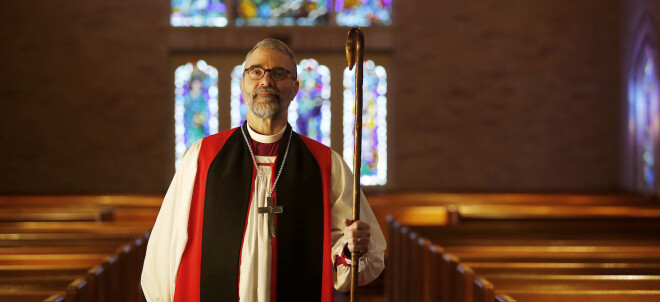The Exception

I believe that bishops should limit themselves to commentary on society from a distinctly theological point of view. It is what they can offer, what they are called to do. I have been thinking about our difficult situation, and hope this observation meets this requirement.
Human society is a balancing act of liberty and solidarity, the individual and the whole. Each has a Scriptural warrant. Even in its broken state, our volition has a relation to our being ‘in the image of God’ (Reinhold Niebuhr was an important voice emphasizing this in the last century). But we are social beings as well, and are meant to be ‘our brother’s keeper.’ Politics is the struggle to find the right admixture. We need a fire department together; people may smoke, even though we know it is bad for their health.
However we are also historical beings, creatures of time and place. We cannot totally extract categories like ‘freedom’ and ‘community’ from the moment in which we find ourselves. So, for example, in World War II my parents dealt with rationing, since wartime is what we might call a ‘limit situation,’ extraordinary, when the bets are to a large extent off and abstractions alone do not suffice.
Some have refused the wearing of masks with Patrick Henry-like cries, ‘give me liberty.’ This certainly has an American ring! But a classic limit situation for the prior claim to individual liberty is…a pandemic. The reason is simple: the virus is not interested in individuality. The virus knows no political party, and it is the virus that is our opponent, politicians notwithstanding. It is in this sense that mask and distance have been, from the beginning of this crisis, acts of charity toward our neighbor.




